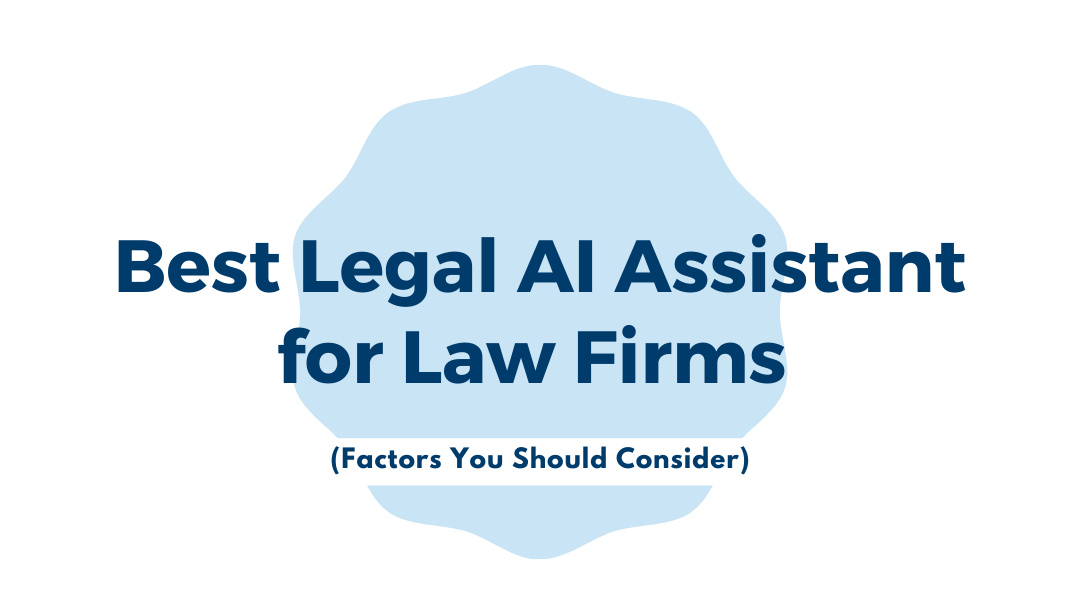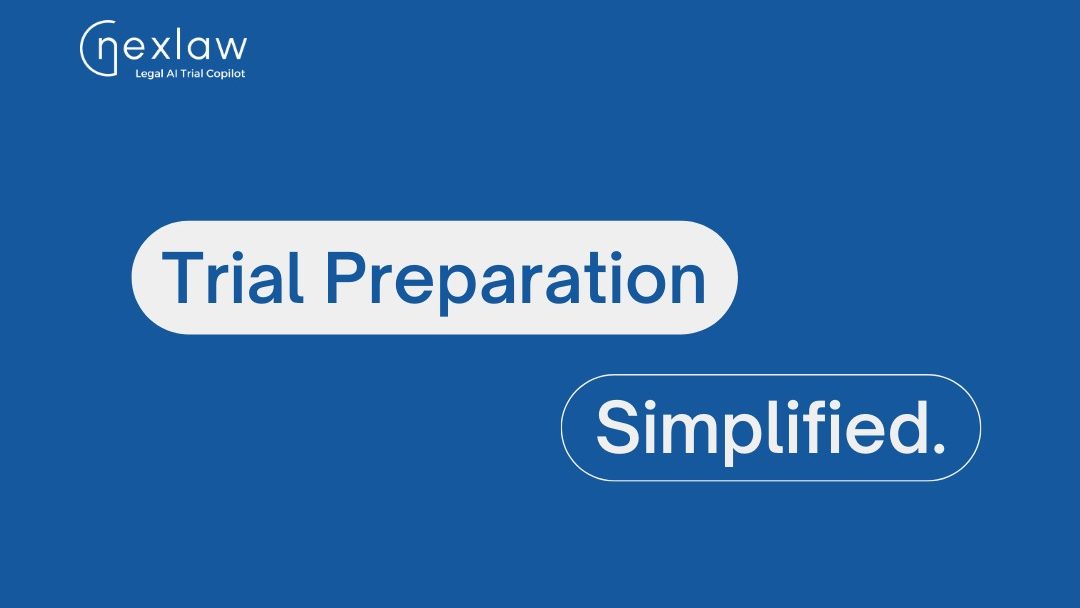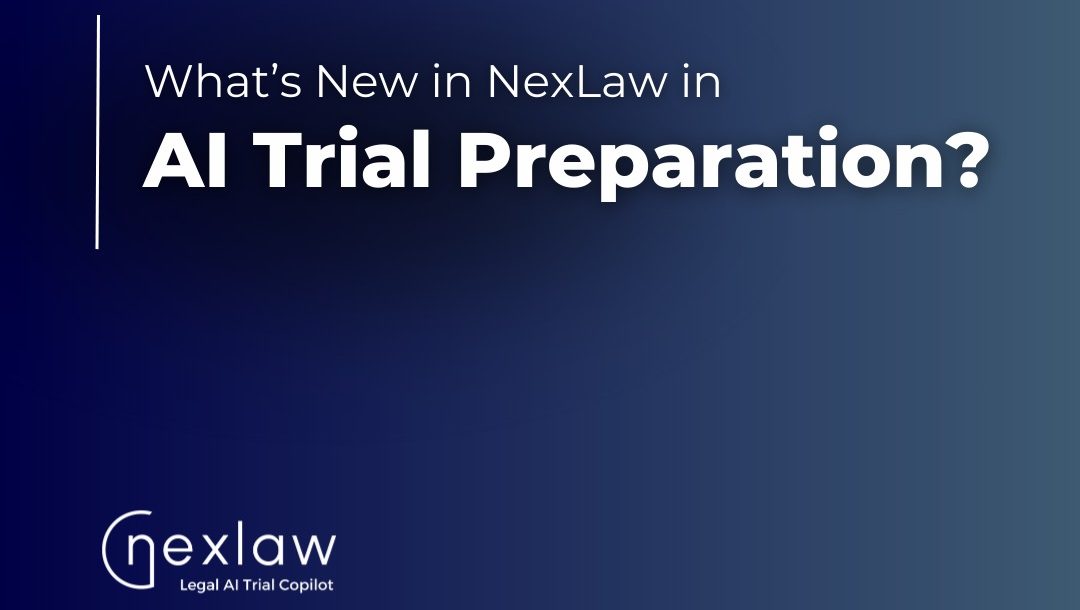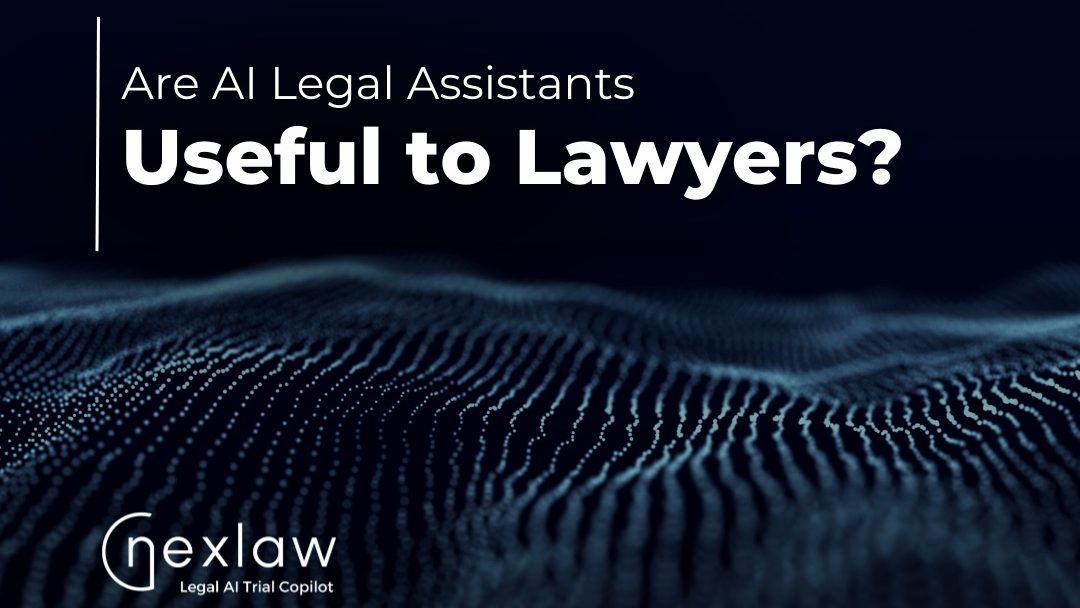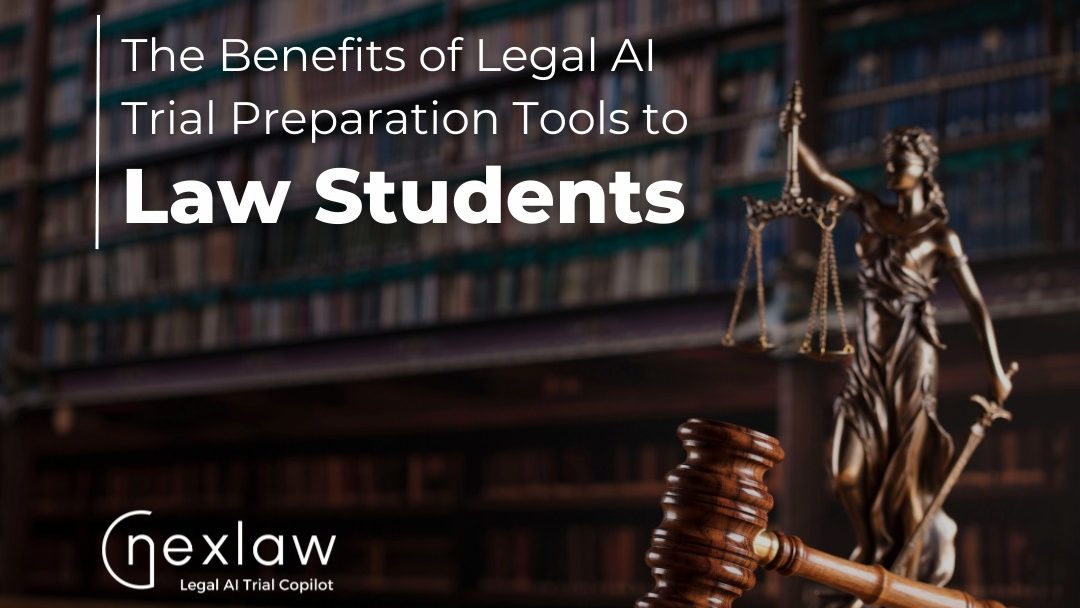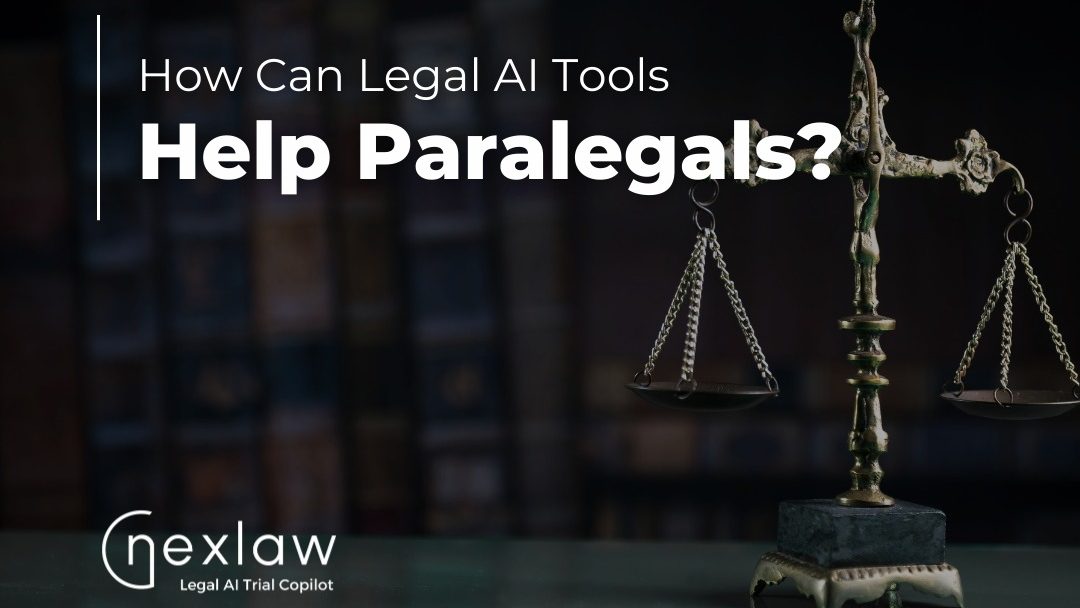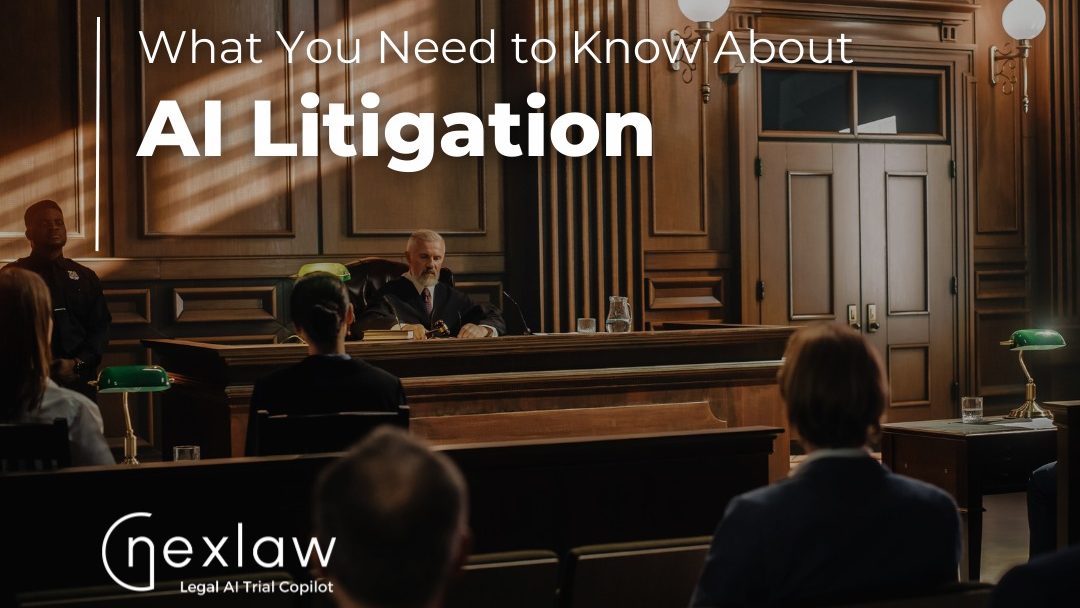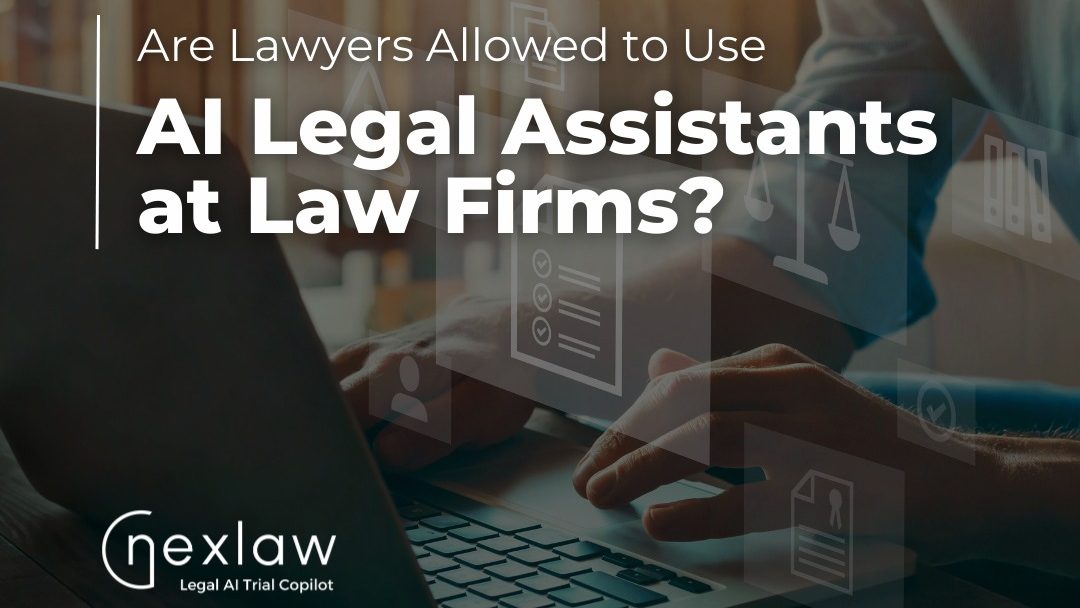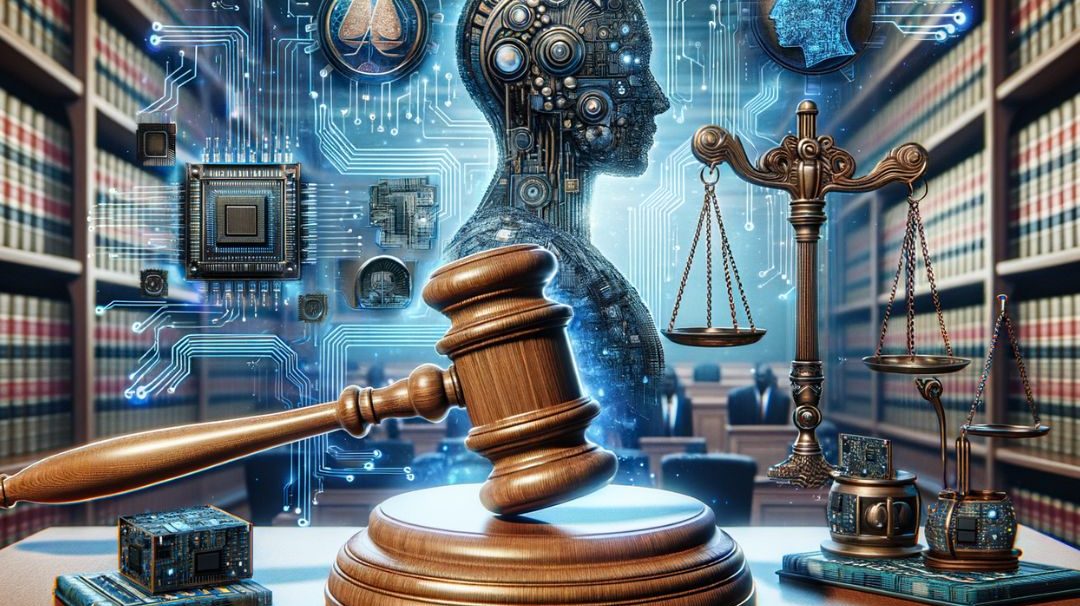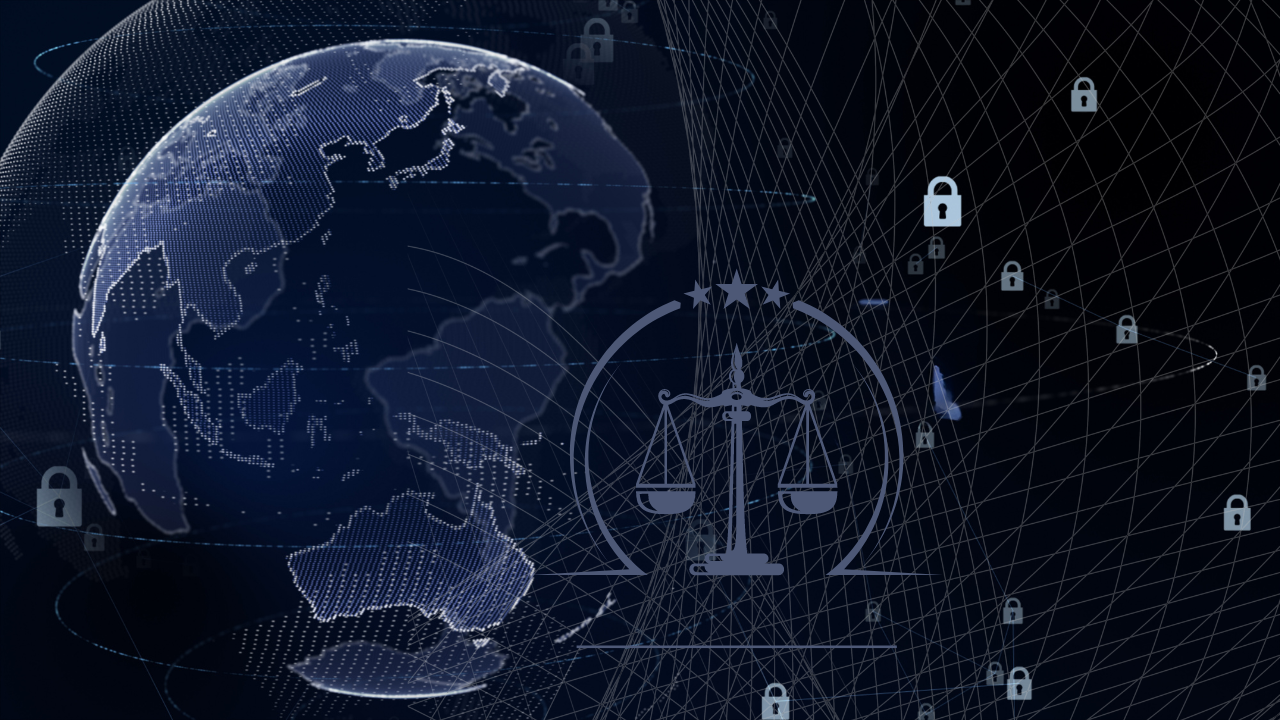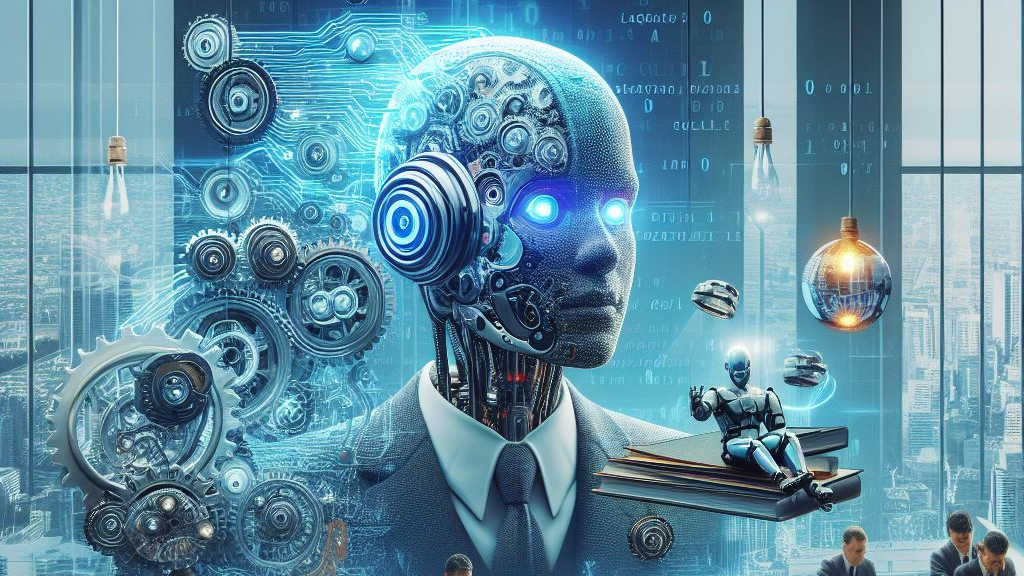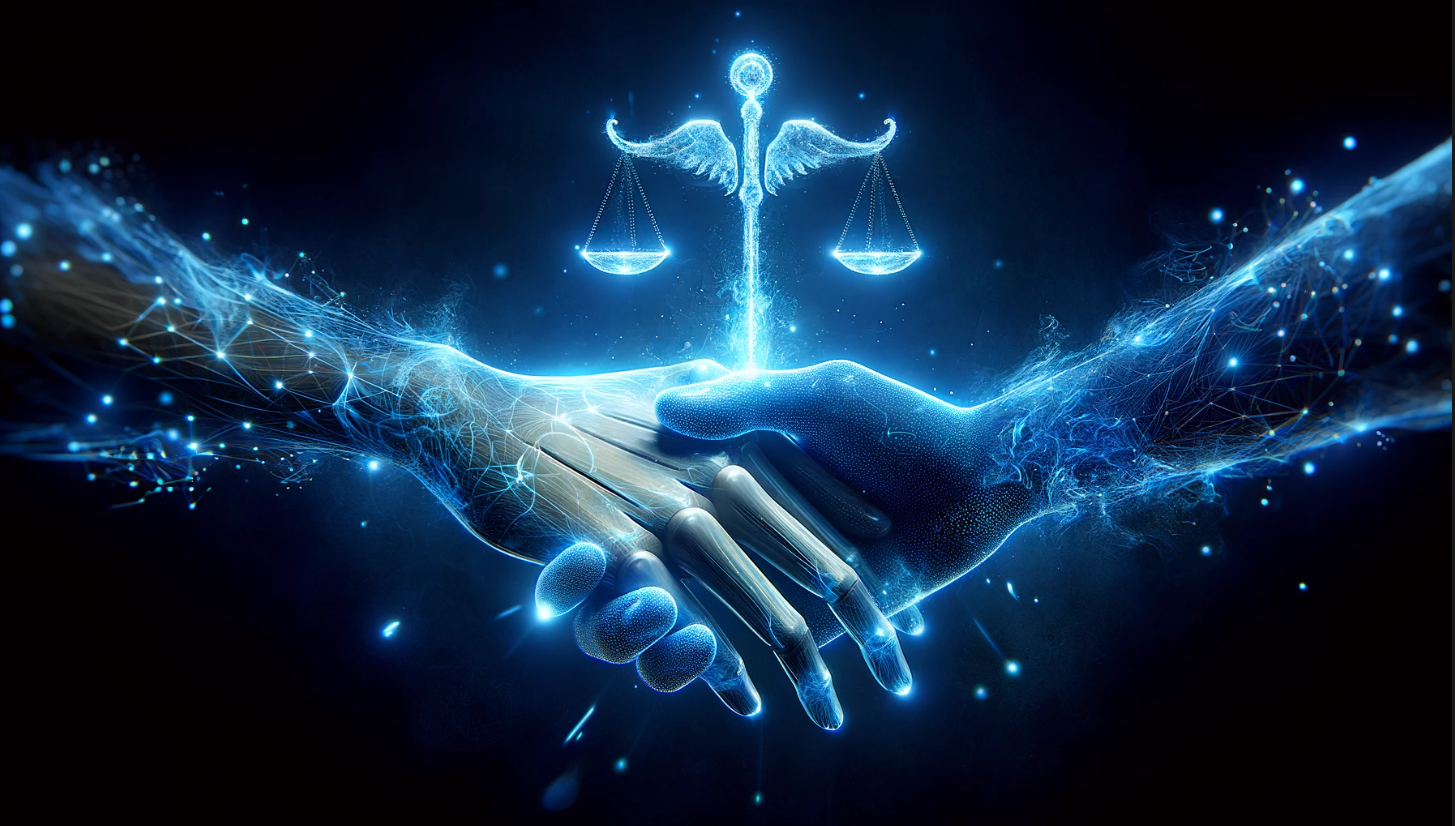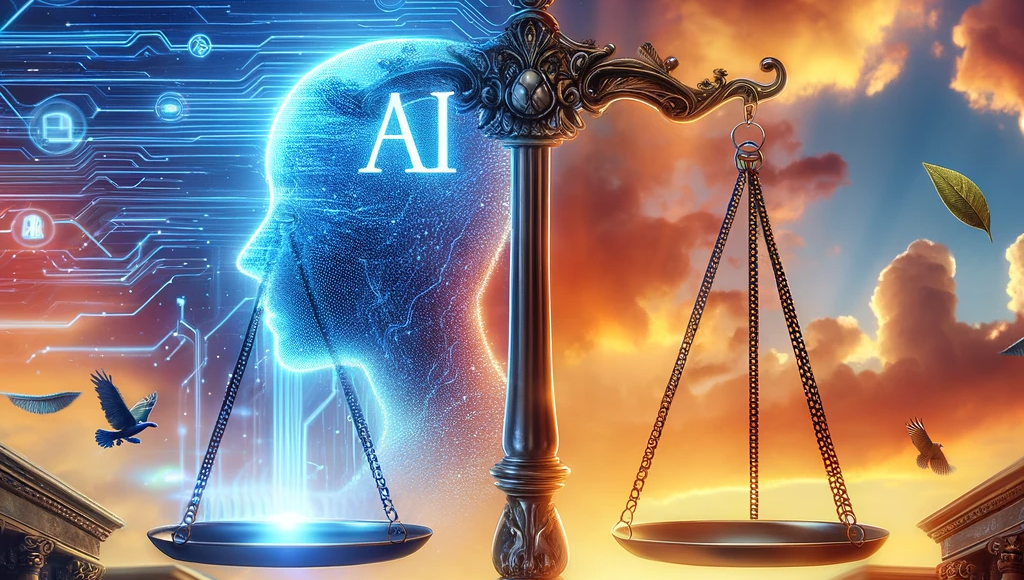The Future of Law: Can AI Replace Lawyers?

Related Posts
The Future of Law: Can AI Replace Lawyers?
The question of whether “AI replacing lawyers” is a pressing topic in the legal profession today. As artificial intelligence technologies continue to advance, many are left wondering how these tools will impact the roles of legal professionals. While platforms like NexLaw AI, Clio, and Harvey AI are transforming legal workflows, they are not poised to replace lawyers but to support them and a complete replacement of lawyers remains unlikely for several reasons.
The Current Landscape of AI in Law
AI has already begun to change the legal field significantly. Tools powered by machine learning and natural language processing can automate tasks that were once time-consuming for lawyers. One noteworthy example is Nexlaw AI, a sophisticated AI-powered legal assistant designed to streamline legal tasks through intelligent automation. By leveraging advanced natural language processing and machine learning capabilities, Nexlaw AI automates tasks like contract analysis, legal research, and e-discovery. Such tools allow legal professionals to focus on more complex and strategic tasks that require human judgment and expertise.
Key Applications of AI in Legal Practice
- Document Review and E-Discovery: Legal AI tools like NexLaw AI can sift through vast amounts of documents to identify relevant information quickly, enhancing the efficiency of legal research.
- Contract Analysis:With AI capabilities, tools can analyze contracts to identify key clauses and potential risks, streamlining the review process and allowing legal professionals to address complex cases without getting bogged down by repetitive tasks.
- Predictive Analytics: By analyzing historical data, AI can help lawyers assess the strengths and weaknesses of their cases, aiding in strategic decision-making.


Act now to transform your practice and achieve your goals.
Why GenAI Won’t Replace Lawyers?
While there are concerns about AI taking over legal jobs, three key reasons suggest this is unlikely to happen.
1. Limited Accuracy
Generative AI models are built to identify patterns in vast text data and generate plausible responses. However, they are not always accurate, especially when using consumer-grade or free AI tools that may lack up-to-date information. Such tools can also produce “hallucinations,” where the AI invents information that sounds credible but lacks factual basis. However, AI tools with retrieval-augmented generation can help mitigate this by providing citations, allowing lawyers to verify answers and ensure responses are factual.
How NexLaw Addresses the Hallucination Issues
2. Emotional Intelligence and Client Relations
An often-overlooked aspect of legal work is its interpersonal nature. Lawyers do more than provide legal advice—they also offer reassurance, understanding, and empathy. In legal matters, clients often face significant emotional stress, and the human connection provided by a lawyer can be invaluable. GenAI lacks the capacity to respond empathetically, failing to build the kind of trust essential to client-lawyer relationships.
3. Privacy and Ethical Concerns
As legal professionals increasingly turn to generative AI for research and writing, there may be a risk of skill atrophy, raising ethical concerns about maintaining the highest standards for clients. Moreover, lawyers’ express reluctance to trust generative AI fully with confidential information and agree that safeguards must be in place to protect sensitive data and uphold professional integrity.
Nexlaw AI: A Case Study in AI-Lawyer Collaboration
Nexlaw AI exemplifies how AI can work alongside lawyers to improve legal practices rather than replace them. For instance, Nexlaw AI can flag potential risks in legal documents, provide predictive insights based on past cases, and streamline contract analysis. However, it does so under the guidance of legal professionals who provide the necessary context and ethical oversight. This highlights a critical partnership where AI assists with foundational tasks, and lawyers retain control over strategic and interpretative aspects.
What Does the Future Hold for the Legal Profession?
The future likely holds a collaborative relationship between AI technologies and legal professionals. Rather than replacing lawyers, AI will redefine their roles by automating routine tasks and allowing them to focus on higher-value work. As one expert noted, lawyers may transition into supervisory roles, ensuring that AI operates correctly while preparing complex legal documents.
Embracing Change
To thrive in this evolving landscape, lawyers should:
- Adapt Skills: Develop proficiency in using AI tools, like Nexlaw AI, to enhance their practice.
- Focus on Human Aspects: Emphasize skills that AI cannot replicate, such as emotional intelligence and complex problem-solving.
- Engage with Technology: Stay informed about advancements in AI and explore how they can be integrated into legal workflows.
Final Thoughts
While discussions about “AI replacing lawyers” are prevalent, the reality is more nuanced. Current evidence suggests that while AI can significantly enhance efficiency within the legal profession, it cannot replace the critical thinking, ethical judgment, and interpersonal skills that human lawyers provide. As technology continues to evolve, embracing AI as a powerful tool, exemplified by platforms like Nexlaw AI will allow legal professionals to adapt and thrive in an increasingly automated world.






